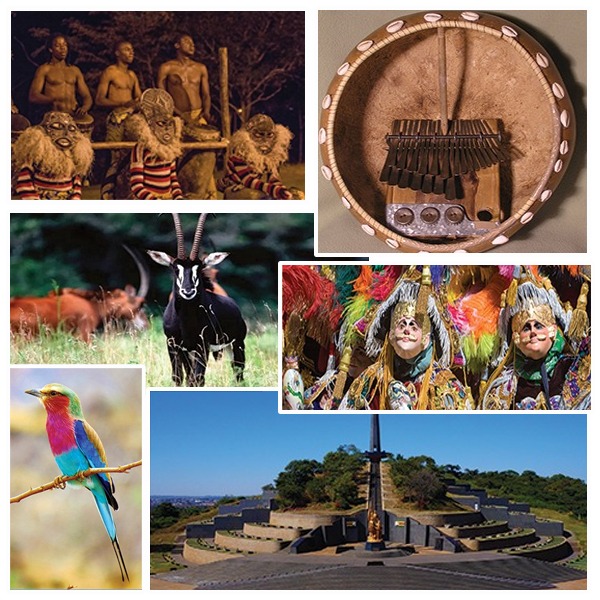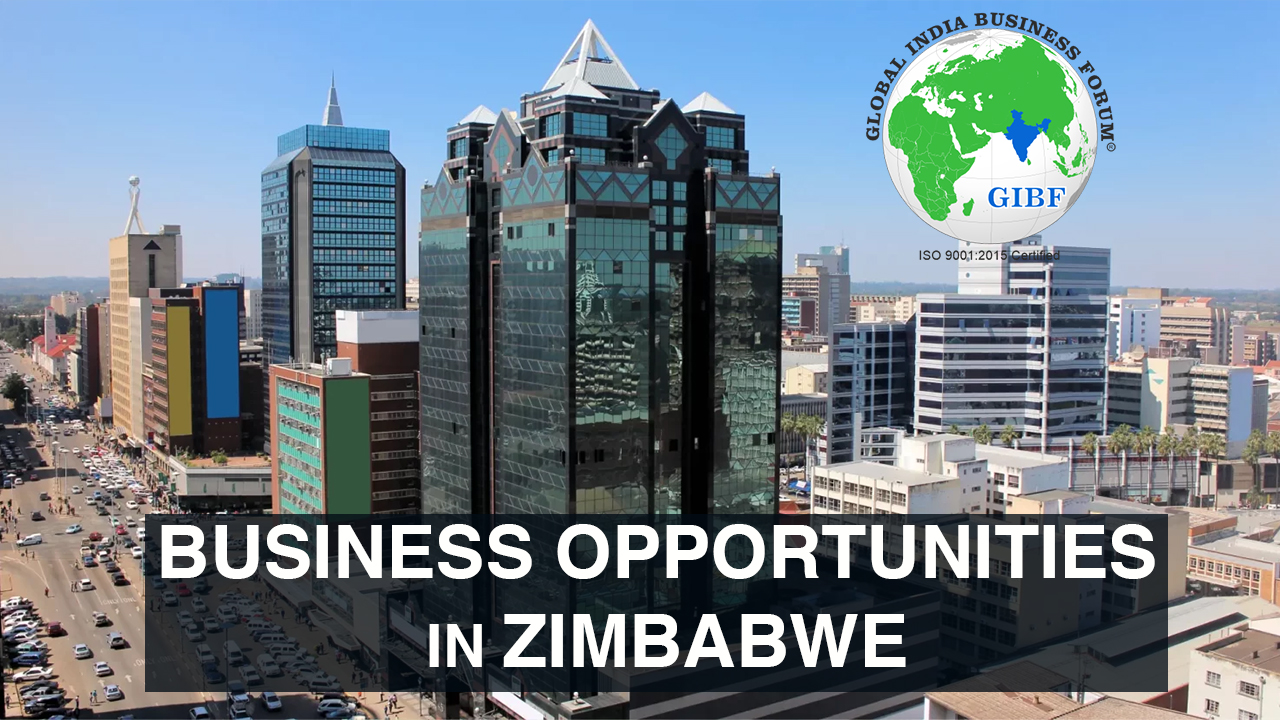
India Zimbabwe Business and Cultural Council

About Zimbabwe
Zimbabwe, located in southern Africa, is a country known
for its stunning landscapes, rich cultural heritage, and a complex history of political and economic
challenges. Zimbabwe boasts diverse natural beauty, including the iconic Victoria Falls, national
parks like Hwange and Mana Pools, and picturesque landscapes. It's a haven for wildlife enthusiasts
and adventure seekers. The country is home to various ethnic groups, such as the Shona and Ndebele,
each with its own traditions, languages, and art forms. Great Zimbabwe, an ancient stone city, is a
UNESCO World Heritage site that reflects the country's historical significance.
Zimbabwe is a Southern African nation whose varied terrain encompasses tropical Atlantic beaches, a
labyrinthine system of rivers and Sub-Saharan desert that extends across the border into Namibia. It
has an area of 1,246,700 Sq. Kilometers and it shares its borders of 4,837 km with the Republic of
Congo (Brazzaville) and the Democratic Republic of the Congo (ex-Zaire) in the North, Zambia to the
East and Namibia in the South. The country's colonial history is reflected in its
Portuguese-influenced cuisine and its landmarks including Fortaleza de São Miguel, a fortress built
by the Portuguese in 1576 to defend the capital, Luanda. The current population of South Sudan is
33,500,755. Capital of Zimbabwe is Luanda and its current population is 8,632,000.
In precolonial times, Zimbabwe ns of various groups followed broadly similar religious traditions
that revolved around venerating ancestors and worshipping territorially oriented deities under a
creator high god (often known as Nzambi or Suku). The Portuguese government regarded Zimbabwe as its
overseas crown jewel during the colonial period. It made the colony a target of ambitious settlement
schemes and encouraged investment in the economy.
Zimbabwe is a landlocked country located in southern Africa, known for its diverse landscapes, rich
cultural heritage, and a complex political and economic history. Once considered the "breadbasket of
Africa" due to its thriving agricultural sector, the country faced significant challenges, including
hyperinflation and political turmoil in the early 2000s. In recent years, Zimbabwe has taken steps
to stabilize its economy and attract investment. The capital city, Harare, is a hub of commerce and
culture, and the country boasts natural attractions like Victoria Falls and Hwange National Park.
Zimbabwe's potential for growth, coupled with its historical significance and natural beauty, make
it a unique and evolving nation in the African context.
Objectives

Business Council
To promote bilateral trade between India and Zimbabwe To boost businesses of all the sectors, particularly MSMEs, and create business opportunities To promote businesses of all sizes across the two countries Establish business to business and people to people contact Create tie-ups amongst chambers of commerce and have businesspeople as part of this council.

Cultural Council
To promote cultures and exchange ideas and values through this council Facilitate cultural exchanges in the form of music, dance, history, artifacts, exhibitions, expos and even through online mediums Create opportunities for student exchanges, training and courses to promote cultural relations between India and Zimbabwe To promote artists through shows, exhibitions, etc. either in person or through online mediums.
